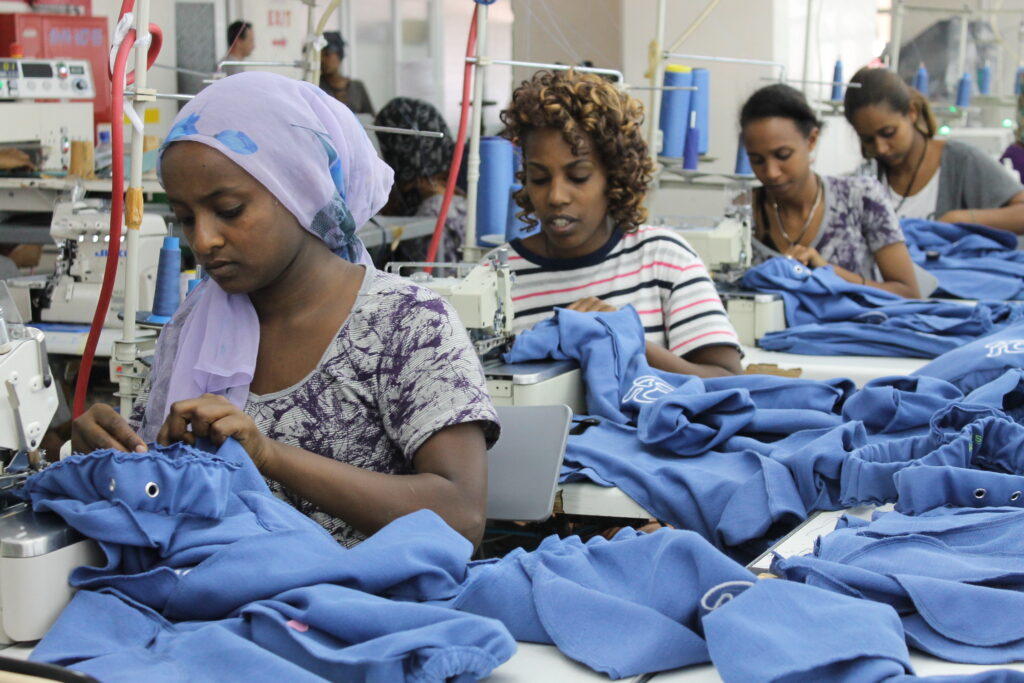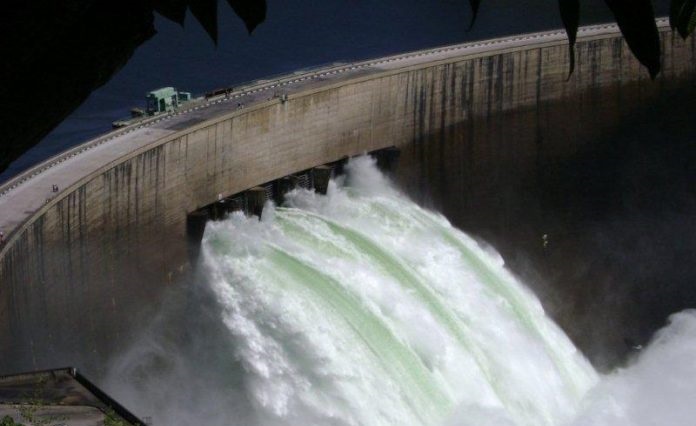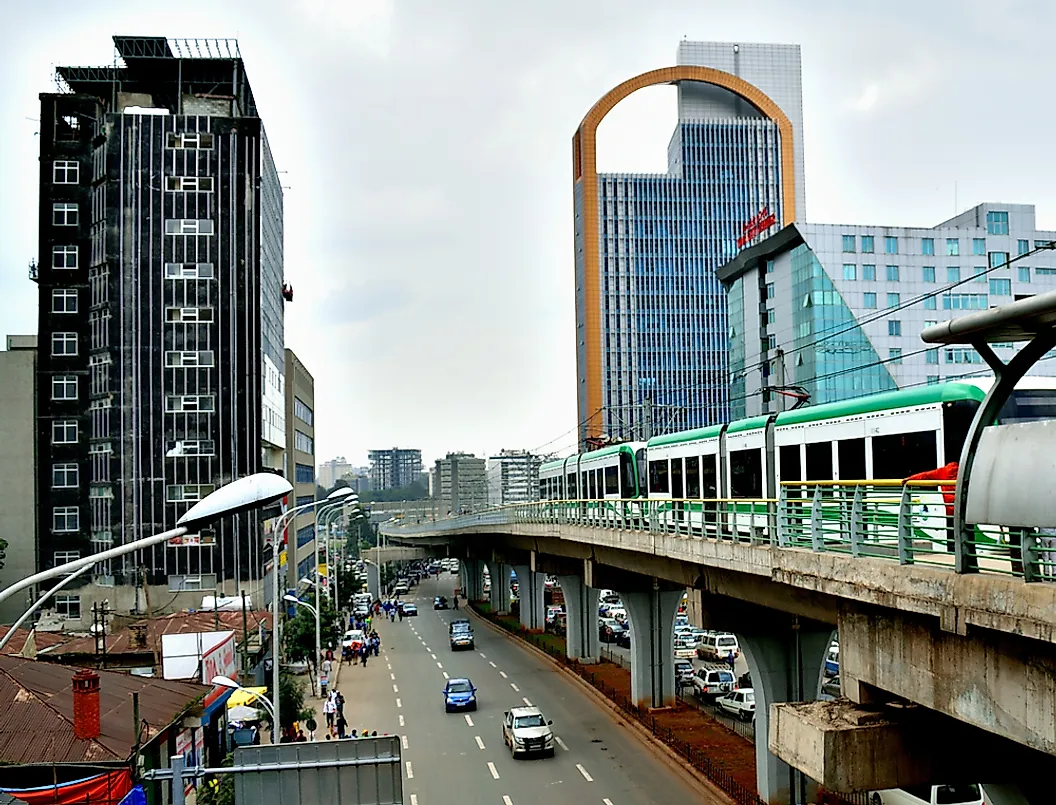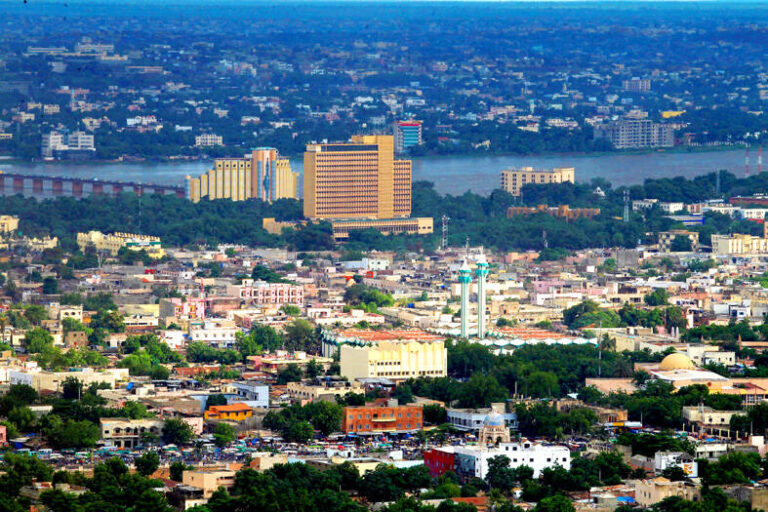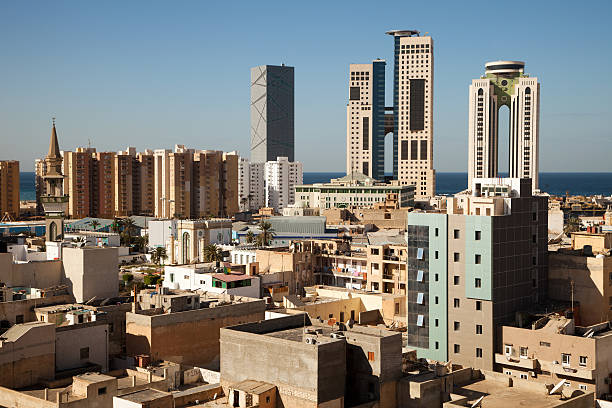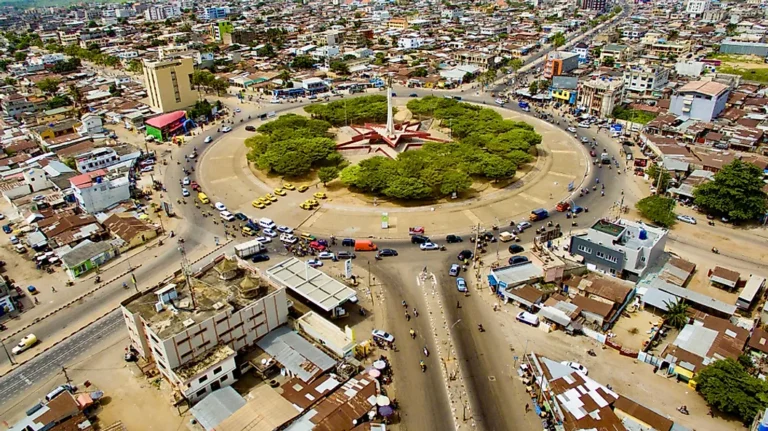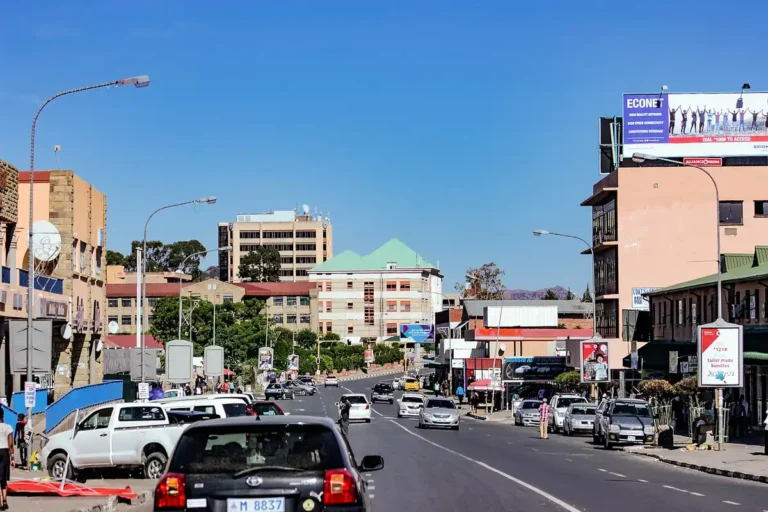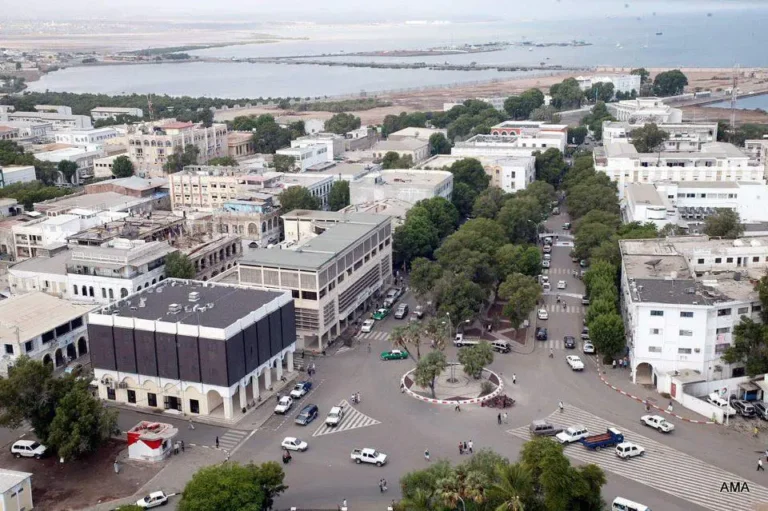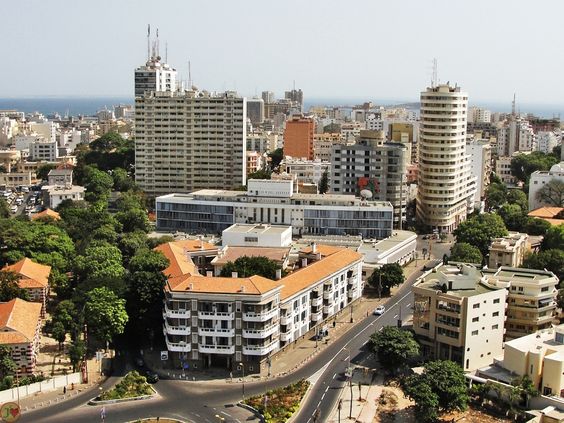Ethiopia as a country is officially the Federal Democratic Republic of Ethiopia and is a landlocked country in the Horn of Africa. It shares borders with Eritrea and Djibouti. The country lies completely within the tropical latitudes and is relatively compact. Ethiopia turns on the turbines at controversial Nile mega-dam. Sudan and Egypt see the Grand Ethiopian Renaissance Dam. The country lost its access to the Red Sea in 1992 when Eritrea gained its independence.
Ethiopia’s current population is about 115 million and is expected to surpass 200 million by the end of 2049. Ethiopia’s population is growing by about 2.7%. Ethiopia’s population of 72 million is increasing by 2 million people, or 2.5 percent, each year.
The president is the head of state of Ethiopia. The current president is Sahle-Work Zewde, who is also the first female president of Ethiopia, elected on 25 October 2018.
Ethiopia is the second most populous nation in Africa after Nigeria, and still the fastest-growing economy in the region.
The economy of Ethiopia is a mixed and transition economy with a large public sector. The government of Ethiopia is in the process of privatizing many industries in the country which generate exports to improve the economy of the country and revenue taxes. The economy of Ethiopia deals with exports which include various Agriculture, forestry, and fishing.
Ethiopia’s economy is based on agriculture, which accounts for 46% of GDP and 85% of total employment in the country. The Ethiopian Government has developed comprehensive agricultural and economic development plans that have contributed to the country’s substantial growth in the country.
40.5% of Ethiopia’s population is under the age of 15 and 30. Many of Ethiopia’s youths do not complete primary education or continue with secondary education, as indicated by a secondary school enrollment rate. The National Youth Policy of Ethiopia marks a major step in recognizing and promoting the rights of young people in the country.
The goal for USAID/Ethiopia’s 2019-2024 Country Development Cooperation Strategy (CDCS) is “Ethiopia transitions to a more democratic, prosperous development strategically to enable growth and development in the country.
Ethiopia is a critical African partner in contributing to security in the Horn of Africa within the region.
Business opportunities in Ethiopia
Ethiopia’s economy is still young with a vast untapped resource and a range of investment opportunities. The areas, with most promising potential for investment in the country, are agriculture, agro-processing, textile and garment, leather and leather products, sugar, cement, chemical and pharmaceutical industry, tourism, mining, hydropower and digitalization.
